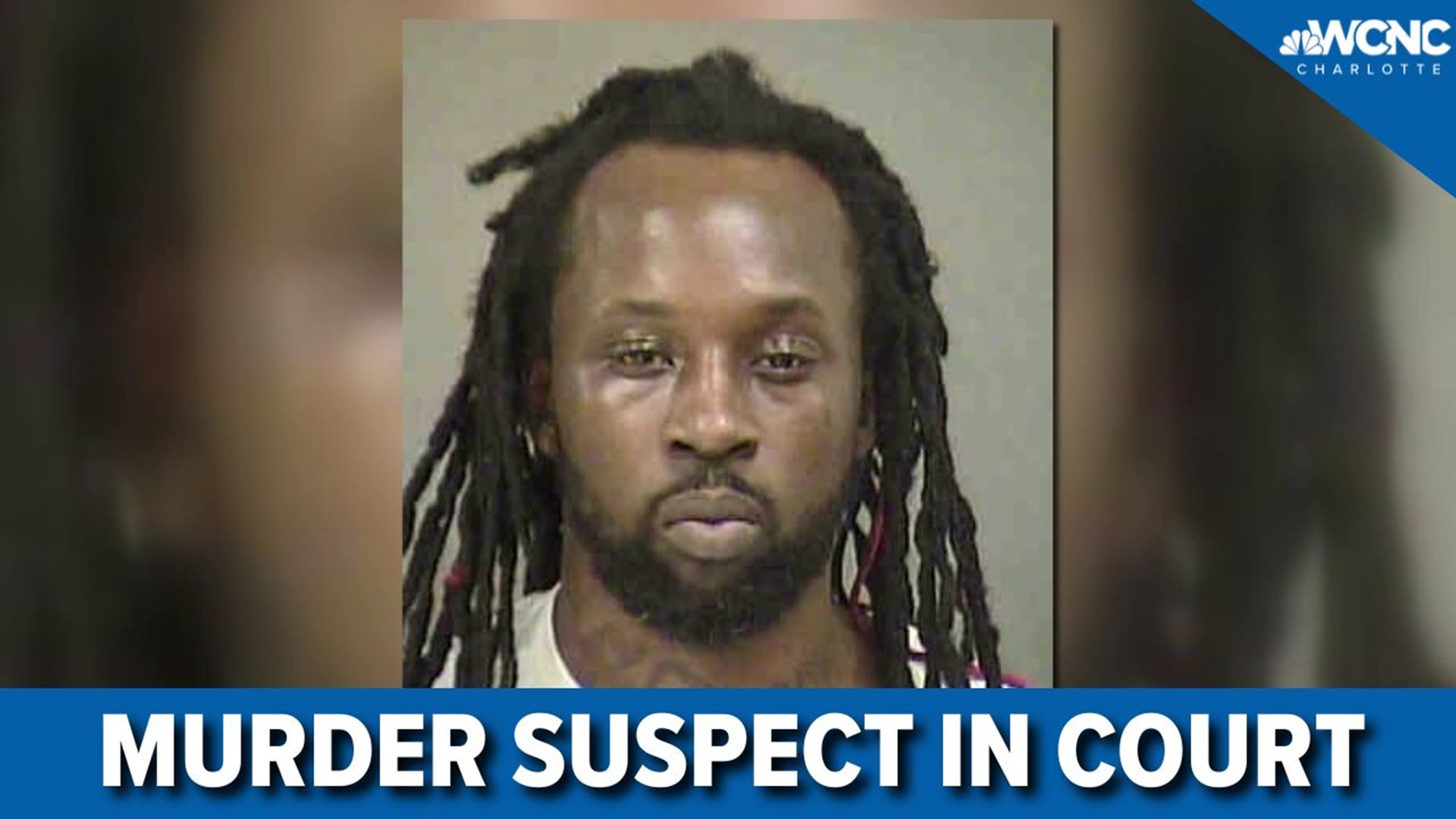CHARLOTTE, N.C. — Prosecutors filed two new motions in a murder case involving Curtis Atkinson.
Atkinson was charged with killing his parents and kidnapping an 11-year-old back in 2017.
One of the motions made forces Atkinson's defense team to share information gathered during discovery, while the other motion was to continue to restrict the defendant's communication with people outside of jail.
About six years ago, Curtis Atkinson was charged with killing his parents, Curtis and Ruby Atkinson in a home on Glencannon Drive.
Police said he also kidnapped 11-year-old Arieyana Forney, who was the granddaughter of the Atkinson's and was living with them in the home.
“After leaving her in the house with her dead grandparents for three days,” Assistant District Attorney Glenn Cole described the case.
The kidnapping led to an Amber Alert. The search ended when police spotted their car in Washington, D.C. At the time, Arieyana was turned over to Mecklenburg County Child Services.
Thursday, Atkinson was in court as prosecutors asked for two motions.
The first was for reciprocal discovery. The motion demands Atkinson's attorneys provide the state with any pretrial statements that a defense witness gave during discovery.
The second motion was for communication restrictions after prosecutors say he made threats in a letter.
“Attempting to communicate with someone outside of the jail offering him money to take care of the livestock, was his word, then naming specific DAs who were then trying his case,” Cole said.
The judge granted both motions.
The state is set to receive any additional information from the defendant's team by June 26.
Atkinson's trial date is currently set for July 31.
Contact Lexi Wilson at lwilson@wcnc.com and follow her on Facebook, Twitter, and Instagram.
Editor's Note: This story was updated on Sept. 1, 2023 to correct street addresses.
Note: WCNC instituted a new policy in March 2021 regarding the broadcast or posting of mugshots.
WCNC will only air or post a mugshot if the person has been formally charged with a crime and in a few other cases. The exceptions include: If it appears the person could be a danger to themselves or others or if they are wanted by authorities; to differentiate between people with a common name; if the photos could encourage more victims to come forward. The news-editorial leadership may also decide to use a mugshot based on the severity of the crime(s) committed and/or the level of public interest in the crime and ensuing criminal proceedings.
WCNC Charlotte is choosing to show the mugshot of the suspect in this case because of the severity of the crime.

